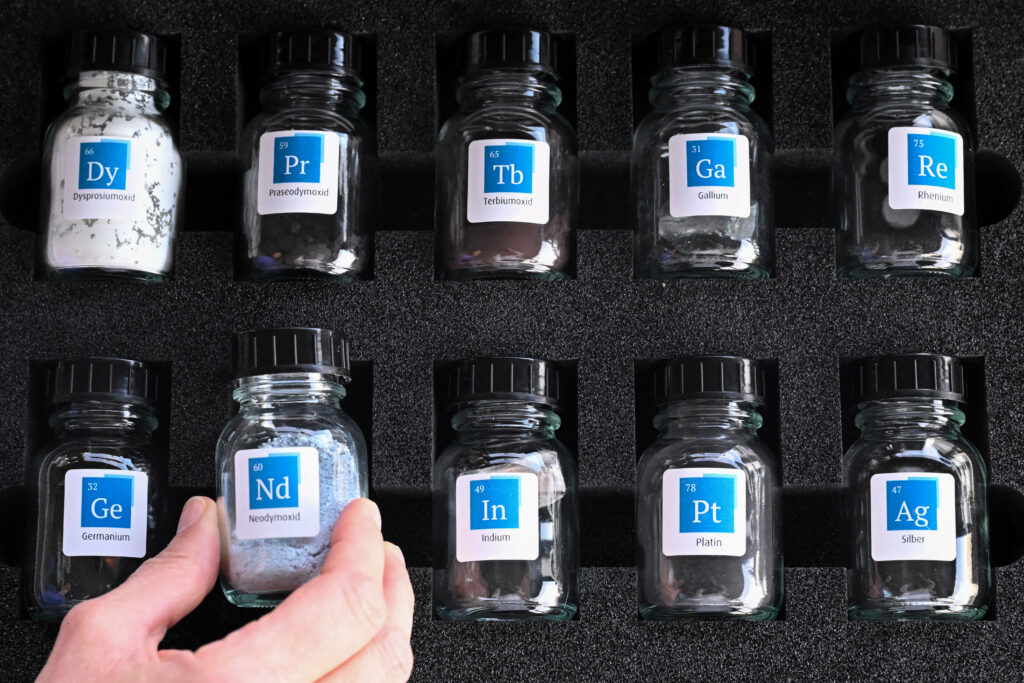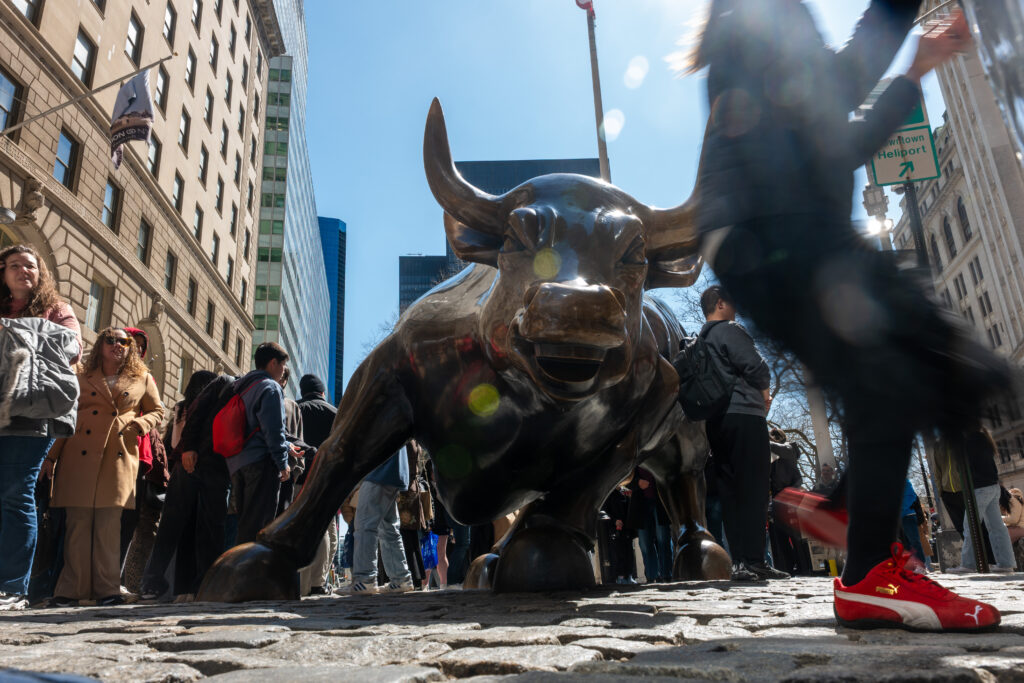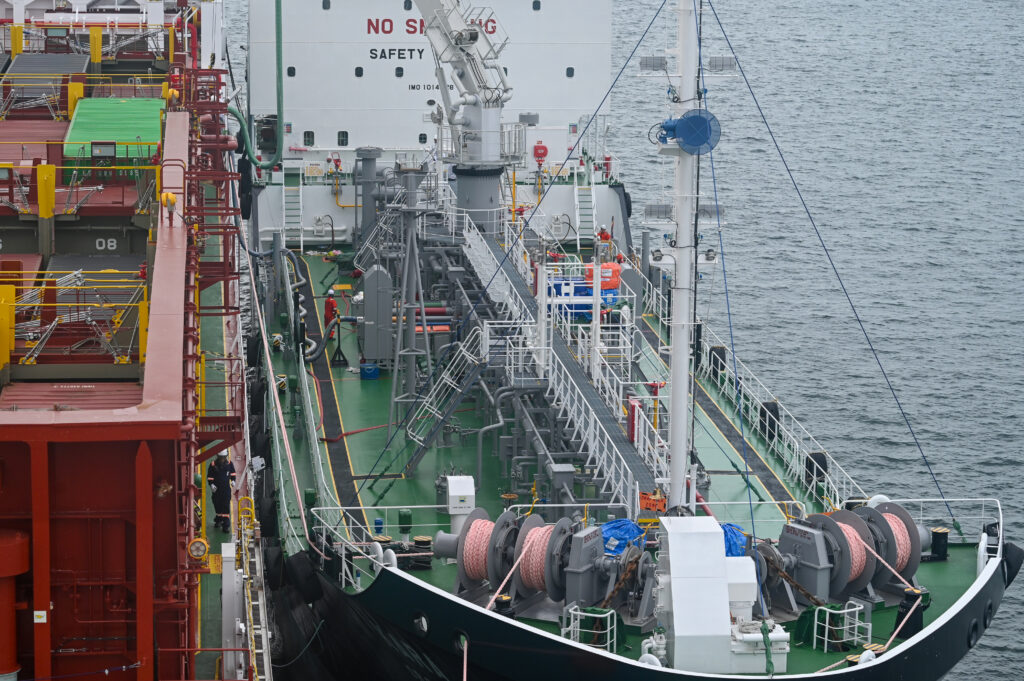EU says must ‘step up’ against China rare earths ‘racket’
The European Union must ramp up efforts to break its dependence on China for rare earths faced with export curbs that amount to a “racket” by Beijing, the bloc’s industry chief Stephane Sejourne said Tuesday.China, the world’s top producer of rare earths, in October announced new controls on the export of the elements, used to make magnets crucial to the auto, electronics and defence industries.The move rattled markets and snarled supply chains until China later said it would suspend its curbs for one year.Already since April, Beijing has required licences for certain exports of the materials, hitting global manufacturing sectors.Sejourne has been preparing a plan to end the 27-nation bloc’s dependence on China that will be announced on December 3.In a speech to the European Parliament Tuesday, he pointed to export licences “issued in dribs and drabs” and said deliveries were falling behind schedule.”These licences are granted in exchange for information that often — and this is worrying — include trade secrets. These requirements look like a racket if we consider all the demands made on our manufacturers to obtain licences,” Sejourne said.”It is high time for Europe to step up its game. To redouble its efforts to reduce our dependencies on China,” Sejourne told EU lawmakers.The October controls were a major sticking point in trade talks between Beijing and Washington, and Sejourne said that Europe was both a “collateral victim” of their trade tensions, and “directly targeted” itself.In next week’s package of measures, Sejourne said the EU executive would push for the bloc to speed up the joint purchasing of critical raw materials including rare earths, accelerate production and recycling in Europe, work with reliable partners and conclude new partnerships.The EU executive will also propose next week the creation of a European Centre for Critical Raw Materials that will be the bloc’s supply hub modelled on Japan’s state-run Japan Oil, Gas and Metals National Corporation, Sejourne said.”It should also allow us to assess needs, to buy together and store critical minerals in Europe,” he added.




